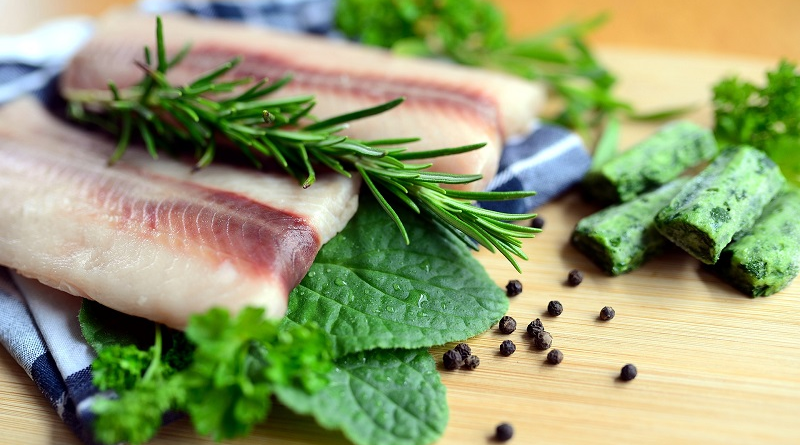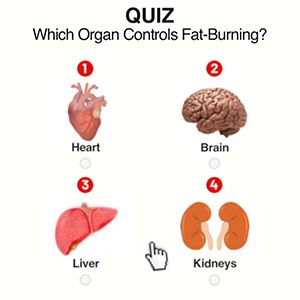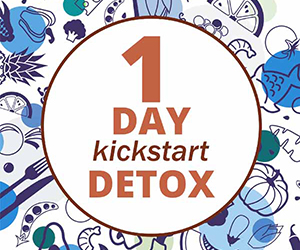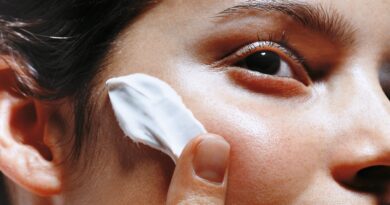The Incredible Secret To Living 100 Years Or More
The site of a famous World War II United States military amphibious operation, the Japanese island of Okinawa is located just south of the mainland. A resurgence of its awareness occurred with the release of the 1986 film “The Karate Kid II.”
Now, the island is better recognized as the origin of the “Okinawa Diet,” a straightforward but successful weight-loss plan.
Why the Okinawa Diet is unique.
Unlike the Mediterranean Diet, the Okinawa Diet emphasizes the consumption of plenty of plant-based foods from the island, such as tofu and locally grown vegetables. This diet also recommends consuming a variety of fish strong in Omega-3 fatty acids, as well as seaweed and other organic products that are high in protein, calcium, and low in fat.
You might be surprised to learn that Okinawans often live over 100 years in their lifetime. The island has in fact been named the home of the world’s largest population of centenarians. Heart disease, breast cancer, and prostate cancer remain uncommon there.
The Okinawa Diet is particularly enticing due to the growing problem of obesity in the United States. Overweight individuals have tried just about everything to decrease appetite and food intake.
Other weight reduction formulas function by preventing fat from being absorbed into the body. Still, other products work to increase metabolism and burn fat at higher-than-normal rates.

How the OK diet manages weight.
Obesity isn’t usually a problem for most Okinawans because they rarely eat meat. Obese Okinawans are hard to find. Many have kept the short slender physique of their forefathers, who were largely hardworking fishermen and farmers.
The cornerstone of the “OK” Diet might be best summarized in the expression “food as tonic, food as medicine.” The cultural cuisines of China, Korea, and Mainland Japan have all had a great influence on islanders, with each emphasizing the medicinal and therapeutic importance of specific food groups.
In many Okinawan households, the person who made the meal usually says, “Please eat this. It is beneficial to your health and will heal you.” Afterward, those who enjoy the meal will exclaim, “Kusuinatan!” – which comes from the Okinawan language and means, “This food is like medicine and makes my body feel good.”
The magic combination.
Okinawans, in addition to eating healthier foods, live very active lives. Residents of the island, young and old, practice martial arts, participate in folk dancing, and maintain their own gardens. These exercises allow children to work up a sweat and eliminate toxins from their bodies, improving cardiovascular health.
Many centenarians on Okinawa practice karate and traditional dancing known as “rojin odori.” These activities provide them with “ikigai” or a sense of purpose. Unlike their Western counterparts, Okinawan seniors have maintained their own health by private exercise while still keeping physically involved in their community.
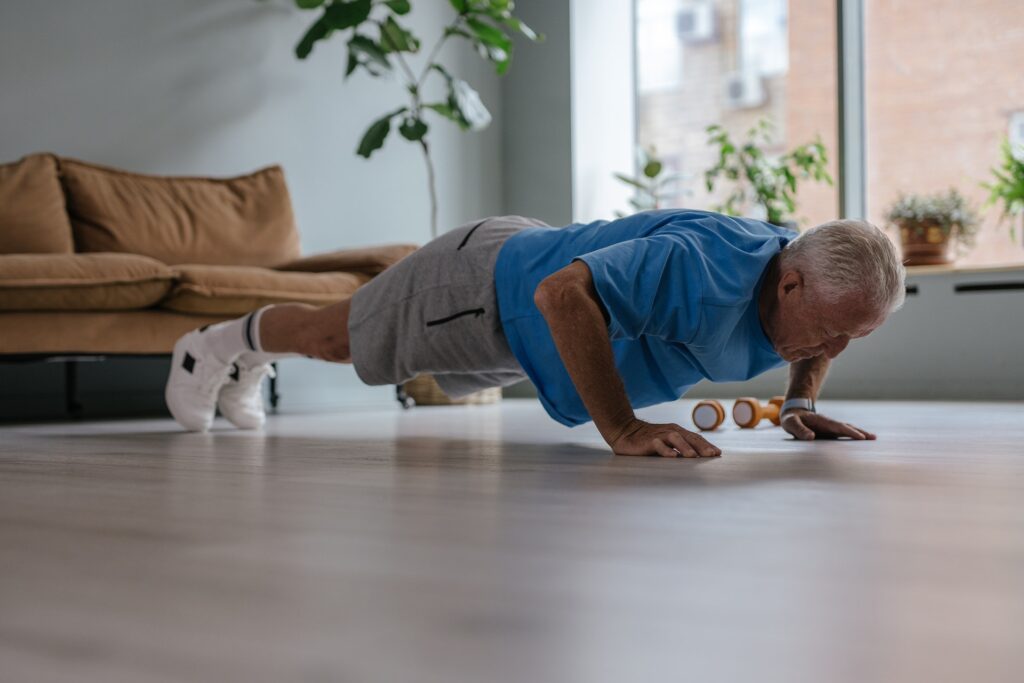
It is quite common for seniors in adult nursing facilities to lead comfortable but sedentary lives in the US. Many Americans are suffering from heart disease and other maladies as a result of their sedentary lifestyles and high-fat, high-carbohydrate diets.
You can achieve your goals!
While not everyone in the United States has the taste or discipline to follow an Okinawan-style diet, weight loss can still be achieved with the help of a doctor or health care expert. People who need to lose weight should visit their doctor about prescription weight reduction drugs that can help lower appetite and prevent fat absorption in addition to joining a gym or creating their own effective exercise plan.
While many Americans may not be able to live to be 100 years old, it is never too late to change harmful eating habits. Many Americans, like Okinawans, must return to a healthy, active lifestyle, which includes eating the proper foods in the right proportions and being enthusiastic about an art, activity, or event that gives them a sense of purpose in life.
